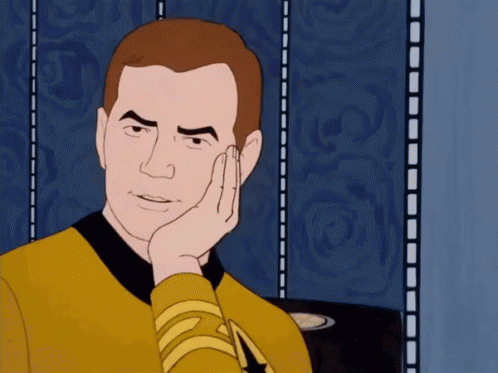I think the 'ours-ness' you're describing would probably be among the early casualties of what this kind of technology could do to the human. Or, otherness as a thing would fade away not so much out of enlightenment but from identity as a subjectivity perhaps no longer being very prominent. IN a sense, the borg might be something like a logical out come although not so much with creepy cyborg zombies. It'd be like the borg in that there would maybe be no more 'I' in how people experience subjectivity and similarly they form more of a we state of mind.
It may seem horrific in a way now to think of losing the individuality we're accustomed to in our self perception, but for people who have for centuries been changing I would imagine it would be just a s natural to them as our way is to us. It may be like each person was an individuated we.
Speaking of which, I hope they really explore Seven's character now and don't just do the same ellipses of 'she's different now because time passed'. I'd be more interested in a Seven that is still struggling with contradictory or almost paradoxical elements of her personality. I don't want the writers to just be like she's a pretty normal human now because she's been hanging out with humans over the years.
That only inherently works so long as there is a total and totally unified collective though, which... admittedly does potentially tie into the Borg, yes, particularly in the earlier depictions where they didn't automatically care about outsiders unless they saw there was something of value they felt to be added.
But the belief that such technology and capacity of resources would inherently lead to a loss of centred self-being, and the consequences of that framework, rather than that it could be
used for such if a society that had already sufficiently shifted framework agreed to such (or those with power to implement it in this fashion actually did so), is what I call into question. Even now we have the
technical means to resolve a number of issues, but previous systems and ideologies prevent the implementation of such. See: US healthcare, world hunger, housing, so on. So, even with replicators and dermal regenerators, such a divergent shift from current day cultural behaviours - or bad habits, I suppose - is not guaranteed.
Now, admittedly the current crop of Trek writers are leaning on this even harder than previous ones, to the point I'd wonder if they expect
any kind of cultural shift from current day, vaguely-'western' civilisation. Like, TNG could get cringe about it sometimes, but it did nevertheless - particularly for its first few seasons, which might explain in part why later Trek moved away from such, as associated baggage - make a specific emphasis of answering what might have changed, both big and small. Talking about 20th century pop culture and presumptions as 'ancient' may be weird to us as a viewer, but it's the equivalent of discussing the 16th century for us; sure 'ancient' isn't the right word, but there's nevertheless at least
some difference worth remarking upon, and it would seem distant. While I don't necessarily agree on
what kind of change might come from the kind of civilisation we see in this franchise, it is nevertheless apparent - unless later content countenances this - how little the writers seem to think there would be.
Taco Tuesdays, anyone?
Also, agreed on Seven, especially given who's gonna be opposite. Coming to terms with post-Borg life was a long process for Picard, and Seven didn't have quite so clean a disconnect - whether in events or her physical state - as Picard did. Hell, most of her life until she met the Voyager crew, she simply was part of the collective. Even twenty years on, that feels like that should have some lingering, unwanted impact.



